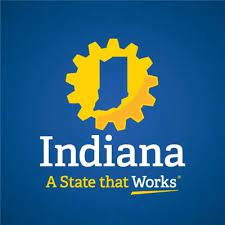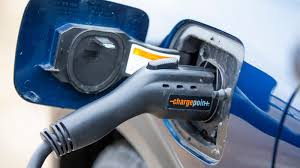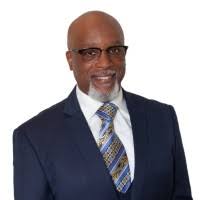
INDIANAPOLIS—The Indiana Alliance for Equity, Diversity, and Inclusion of Electric Vehicle Infrastructure and Economic Opportunities (The Alliance), a coalition comprising over 25 statewide Black organizations and groups, has submitted comprehensive comments to the Indiana Department of Transportation (INDOT) regarding the Draft NEVI-Electric Vehicle Infrastructure Plan.

The comments, submitted last week before the public comment deadline, underscore the coalition’s ongoing efforts to advocate for a more accessible and equitable electric vehicle (EV) infrastructure process in Indiana.
The Alliance’s submission to INDOT highlights several critical areas needing attention to ensure that the benefits of EV infrastructure development are distributed equitably across all communities, particularly those historically underserved.

“While the Alliance is pleased that INDOT plans to issue a Justice40 Draft Implementation Plan, we are disappointed that none of the Federal Highway Administration’s equity requirements were met for the present plan,” said Rev. Dr. David Greene, President, Concerned Clergy of Indianapolis, a member of the Alliance.
“As communities that have been historically and pervasively discriminated against in ways that have all but foreclosed the equal enjoyment of our rights under the law, we demand that INDOT ensure meaningful public participation and engagement throughout the project planning and development process,” Jorden Giger, Co-Founder, Black Lives Matter South Bend said. “They must continually evaluate the impacts and benefits of these programs in light of the demographics of affected communities to avoid disparate impacts and provide equitable access to benefits.”
Key excerpts from The Alliance’s submitted comments:
PUBLIC ENGAGEMENT: “In the Public Outreach section, INDOT also highlights a Stakeholder Collaboration Workshop that it says ‘laid the groundwork for inclusive decision-making and ongoing collaboration, aligning with the Justice40 vision for program development.’ Considering that the goal of the Justice40 Initiative is to ensure that the historically marginalized and underinvested communities have meaningful access to engagement in government processes and resultant resources, it is problematic that this event was held once, in one location, and in the middle of the work day.”
EQUITABLE ACCESS: “Reflecting INDOT’s top-down approach, the Plan indicates that after conducting ‘careful evaluation of the federal guidance,’ INDOT identified ‘equitable access’ as a program goal. This reading of FHWA guidance fails to acknowledge the full scope of benefits this program provides. It limits the ability of all Hoosiers to benefit from the health and economic benefits beyond equitable access, especially for Black Hoosiers who have historically been harmed by transportation infrastructure implementation.”
HEALTH AND ECONOMIC BENEFITS: “…INDOT must not wait until Indiana’s Alternative Fuel Corridors are fully built out before making it a priority to ensure underserved, disadvantaged, and Black communities benefit from this program’s health and economic benefits. It must engage our communities now to remedy the harms we have already and continue to suffer from the inequitable distribution of publicly funded projects.”
SITE SELECTION: “Further, the contracting plan does not incorporate equity concerns or solutions, whatsoever, in its rubric for site selection, despite its declaration that “INDOT has and will continue to promote the use of small, minority-owned, and women-owned businesses throughout the implementation of the program.” The Alliance has repeatedly called on INDOT to prioritize local businesses, carbon-neutral businesses, and nonprofit organizations that will serve as meaningful, long-term stewards of Indiana’s climate and economic resiliency.”
TRANSPARENCY OF PROCESS: “As previously mentioned, equity requirements under the FHWA guidance states: ‘[t]o ensure [disadvantaged community] priorities are being represented in the State Plans, States should provide detail in their Plans regarding the groups they met with and show how the input of these groups was used to inform the development of the State Plan.’ Throughout this section of the Plan, when discussing its identification and outreach to disadvantaged communities and its process for identifying, qualifying, and measuring benefits, you refer to events and surveys conducted from 2022 to 2024 and future events in 2024. However, for each completed survey or event, the Plan fails to provide details about which disadvantaged communities or organizations you met with or surveyed, what feedback was received from each of those communities and organizations in the survey or meetings, and how their input was used to inform the development of this Plan.”
The Indiana Alliance for Equity, Diversity, and Inclusion of Electric Vehicle Infrastructure and Economic Opportunities remains committed to working with INDOT and other stakeholders to advance these goals. By prioritizing equity and inclusivity in developing the state’s EV infrastructure, Indiana can set a precedent for other states to follow.
Download the Alliance’s full submitted comments here.







.png)











